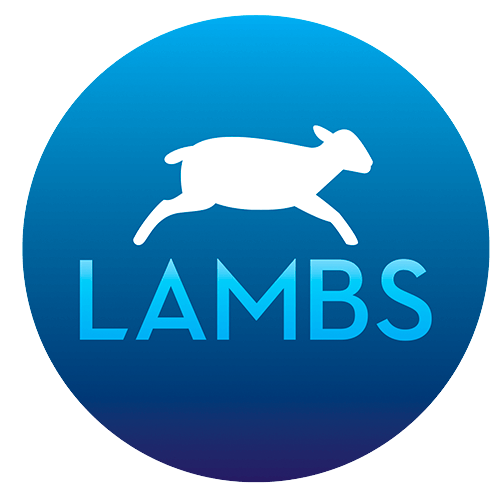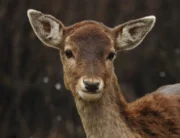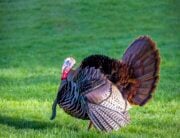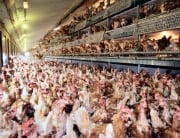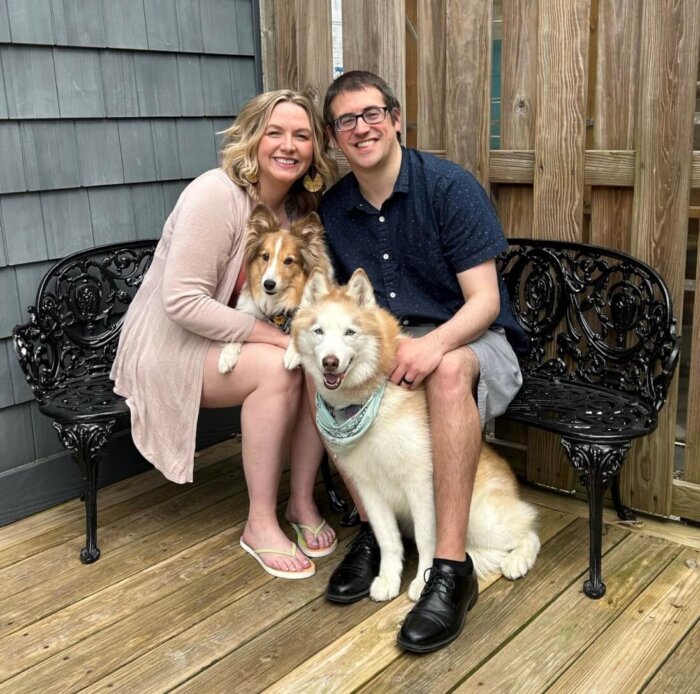
Say hello to Matthew and Nina King, a couple whose faith and longtime commitment to animal rights is helping them make big strides for birds. We’re delighted to share our recent interview with this compassionate pair.
Would you like to share a bird’s-eye view of your advocacy for animals?
We have been members of PETA and involved in animal rights advocacy for many years. Based in Pittsburgh, we are both registered nurses and met while in nursing school. We bonded over sci-fi films and DC Comics, and later, we both became passionate about animal rights. Together, we started a small nonprofit called the Christian Animal Rights Association. We are the proud parents of Ripley (a Shetland sheepdog) and Zira (a Siberian husky). Appropriately, we named our dogs after characters from Alien (1979) and Planet of the Apes (1968)! I (Matthew) have published two books about animal rights and am a mentor for Animal Activism Mentorship. Most recently, we joined forces with Humane Action Pittsburgh to win a citywide ban on foie gras, a cruel product that is sourced through the heinous abuse of ducks and geese.
What inspired you to get involved with the animal rights movement?
Nina is a preacher’s kid—her dad is a Presbyterian minister. I was raised in a family with a Catholic/Lutheran background. Thus, our religious values and animal rights activism inevitably became intertwined. We adopted Ripley in 2013, and one night, Nina had a horrifying dream (after a 16-hour shift) that involved her hunting and killing a deer. In her dream, the slain deer said, “If you’re going to eat me, you might as well eat your dog, too.” In the morning, she became a vegetarian! I started abstaining from most meat after I watched the 1981 film Southern Comfort, which featured a scene depicting the actual slaughter of pigs. The final straw was after I ate chicken wings at a Pittsburgh restaurant and realized that the bones felt just like Ripley’s. It was then that I also became a vegetarian. In the fall of 2016, Nina became a vegan after watching Earthlings (2005). I became annoyed at the transformation but was asked by Nina, “If you won’t go vegan, will you at least watch the documentary?” I went into my office, contemplated for about 20 minutes, and then realized that if I watched Earthlings, I would also go vegan. I decided to go vegan the same day to spare myself from seeing the footage!
Please tell us about some of your early activism activities.
We contemplated running a nonprofit, but it didn’t come to fruition. In the meantime, we set out to change hearts and minds through social media activism. We helped three Pittsburgh animal rights chapters and visited many farmed animal sanctuaries. After a Crohn’s disease flare that nearly killed me in 2018, we both came up with the idea of starting a nonprofit that advocated for animal rights from a Christian perspective.
Is there a particular cause you’re passionate about?
We are both passionate about ending foie gras production and sale. Animal agriculture is one of, if not the, worst industries on the planet—but foie gras takes the cake as the cruelest product from that industry.
What is especially cruel about how foie gras is produced?
Foie gras is produced by ramming a pipe down a duck’s throat and force-feeding him, which causes his liver to swell as big as 10 times larger than normal. The duck is slaughtered, and his liver is served as a “delicacy,” typically at expensive and pretentious restaurants.
How did you manage to make such great progress for ducks and geese in Pittsburgh?
Our ministry wrote a letter to a Pittsburgh City Council member explaining why foie gras is condemned in the Bible (Proverbs 12:10). Likewise, Nina’s dad (Rev. Tony Cowley) implored them to pass a foie gras ban because it aligns with Christian principles.
Can you tell us more about Proverbs 12:10 and what the Bible says about abusing animals?
Proverbs 12:10 forms a core teaching for the work our ministry does. Essentially, the verse states that the righteous conform to God’s desire that we treat animals with kindness, care, and concern. And Proverbs 12:10 teaches that inversely, the wicked, those who oppose God’s desires, are cruel to animals—which is sin. The vast majority of animal agriculture practices today, particularly the production of foie gras, would qualify as cruelty to animals. For Christians, abstaining from animal products (like foie gras) is important because 1 Timothy 5:22 says not to participate in other’s sins.
